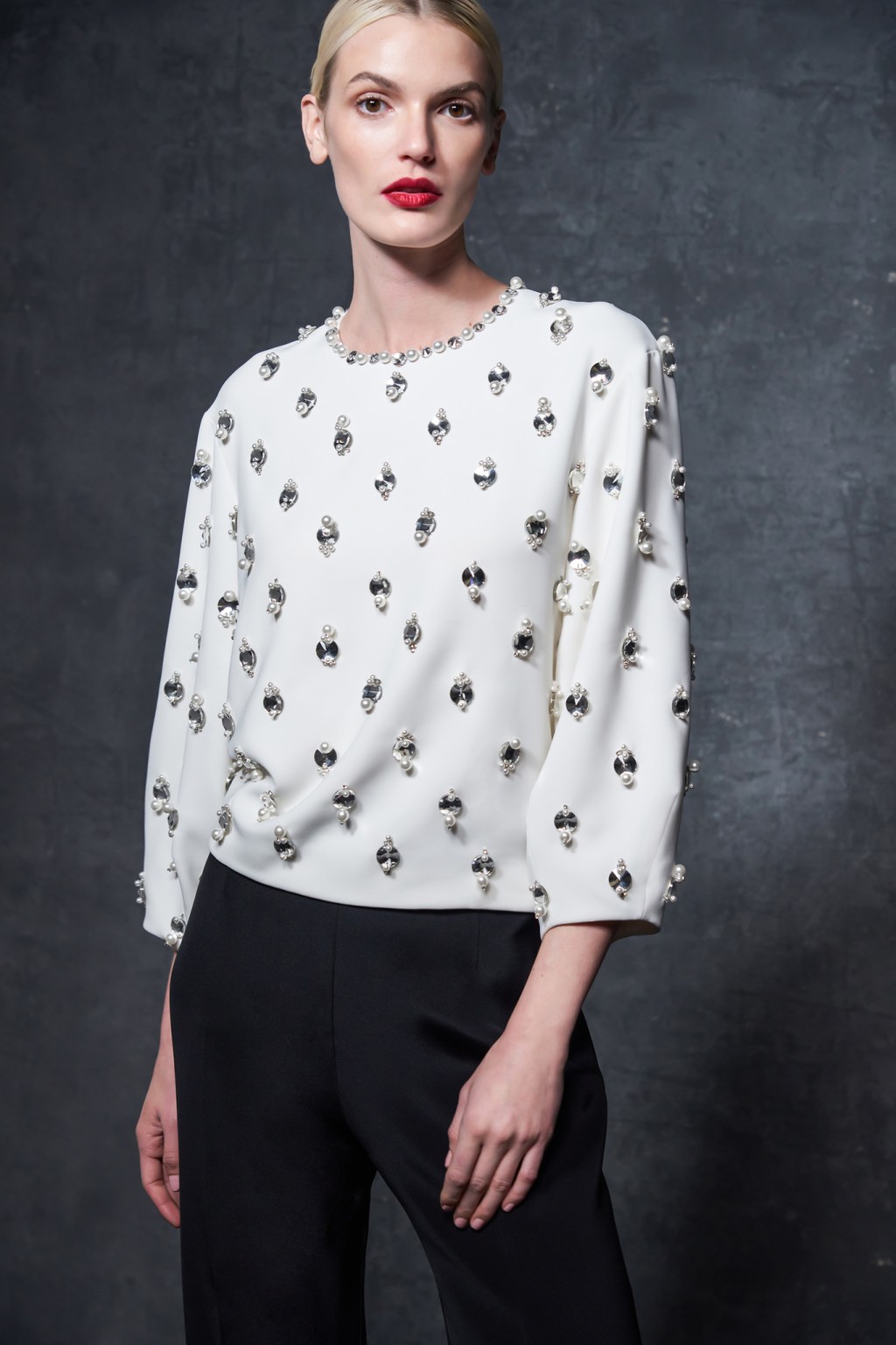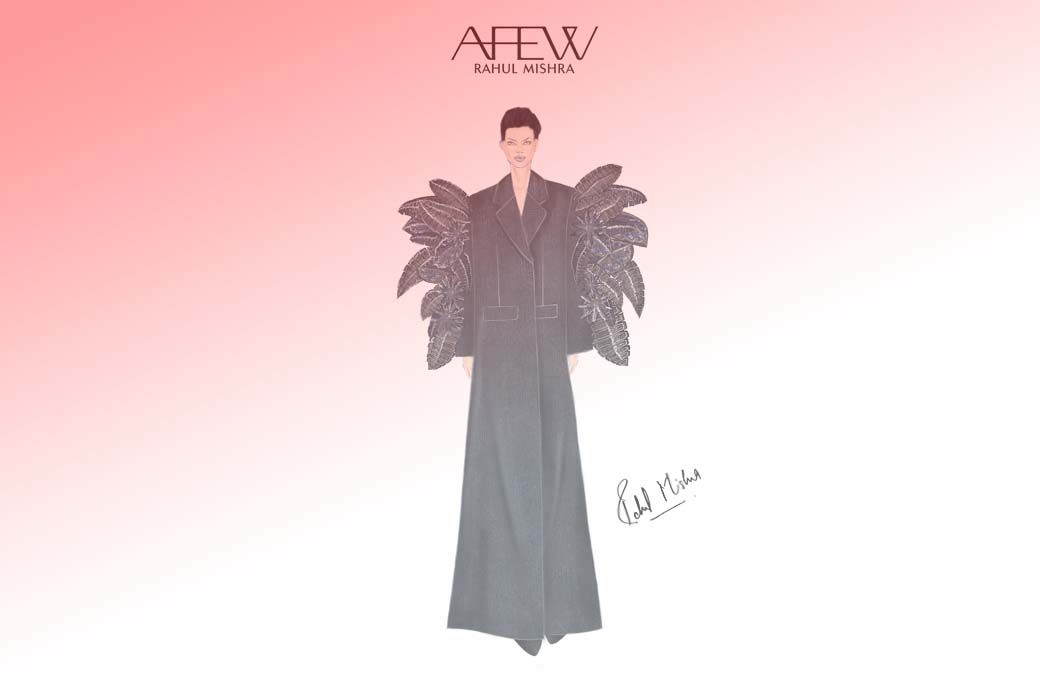By
Reuters
Published
November 12, 2025
China's Singles' Day sales festival is coming to an end after more than a month of promotions on the country's largest e-commerce platforms failed to spark widespread consumer enthusiasm during the world's largest shopping event.
Consumer unrest in China, stemming from a prolonged housing crisis and concerns about income security, has made it harder than ever to get people to open their wallets.
In response, retailers have become more aggressive about year-round discounts, deploying billions of yuan in consumer subsidies and coupons and extending sales events. Many sites kicked off this year's Singles Day, which refers to November 11, in the first half of October, making it the longest festival to date.
“It's a mix of things,” said Josh Gardner, CEO of Kung Fu Data, which runs online stores in China for more than a dozen global fashion and lifestyle brands. “Muted might be a good word to describe the sentiment and sales in this Singles Day period.”
“We have some brands that have done extremely well, far exceeding expectations,” he added. “Others are stable or up or down slightly from last year.”
Syntun, a data provider, said sales of the longest event in history amounted to 1.70 trillion yuan across all platforms, compared with 1.44 trillion yuan last year, while promotions were shorter on some platforms last year.
While major platforms once held galas to announce record sales that seemed to increase year after year, companies including Alibaba and JD.com have not disclosed Singles' Day sales totals for several years. On Wednesday, JD.com said its revenue had reached a “new high,” with a 40% increase in the number of users placing orders and a nearly 60% increase in the number of orders.
On JD.com, sales of Australia's Bellamy Organic baby products, U.S. pet brand Instinct and French skin care Avène rose more than 150% from a year earlier, the company said.
Alibaba's Tmall and Taobao platforms are offering Double 11 deals until November 14, but the company has not yet released information on its sales performance until the end of November 11.
Earlier, Alibaba said 35 brands, including Nike, L'Oreal and local firms Anta and beauty company Proya, sold more than 100 million yuan worth of merchandise in the first hour of this year's sale.
Gardner said the Singles' Day “sales spike” isn't as strong as it used to be, but October and November still account for about 30% to 40% of annual revenue for the brands he manages.
“Until last year, I always planned ahead for Double 11, making a list of what to buy, but I didn't do it this year,” said Li Yan, a 45-year-old housewife in Beijing. “Now it is very convenient to buy things at any time, so I spent the shopping festival without buying any expensive items.”
In an effort to entice big spenders to spend even more, Alibaba in October promised 50 billion yuan in subsidies specifically for its 53 million 88VIP members. Last week, the company said that among those members, there was a 39% increase in daily active shoppers from a year ago during the festival.
“From a merchant perspective, targeting 88VIP consumers is important because those consumers are high spenders and high patrons… helping to sustain consumption at the high end of the market (which) has been resilient,” said Jacob Cooke, co-founder and CEO of WPIC Marketing + Technologies.
Alibaba's Taobao launched Singles' Day-related sales in more than 20 countries this year, part of what has been a nearly industry-wide push by Chinese e-commerce companies to grow overseas. In a Singles Day report released in late October, Bain said Chinese e-commerce companies needed to pursue global growth sooner rather than later, given the tepid consumer outlook at home.
In London, Alibaba's AliExpress hosted a livestream event featuring Pop Mart toys in an event that hoped to sell 10,000 gifts to shoppers who followed the AliExpress app.
© Thomson Reuters 2025 All rights reserved.












